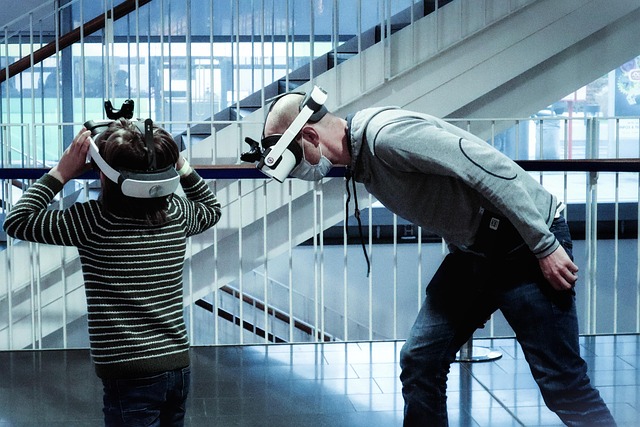The Future of Gaming: Virtual Court Challenges
As the gaming world continues to evolve, one of the most exciting prospects on the horizon is the emergence of virtual court challenges. Imagine a scenario where players aren’t just battling for high scores or trophies, but also navigating intricate legal systems, participating in mock trials, and engaging in courtroom drama—all within a virtual environment. The concept of virtual court in gaming opens up a myriad of possibilities that could redefine how we entertain ourselves, learn, and interact with one another.
The Rise of Virtual Court Experiences
In recent years, the gaming industry has seen significant advancements in technology, particularly with the rise of virtual reality (VR) and augmented reality (AR). These technologies are not only transforming the ways we experience games but are also paving the way for innovative concepts like virtual court challenges. In these immersive experiences, players can step into the shoes of a lawyer, jury member, or even a judge, making split-second decisions that impact the outcome of the case. The tension and excitement of a courtroom setting can create a thrilling atmosphere, reminiscent of popular legal dramas.
Gameplay Elements and Structure
In a virtual court game, players would be tasked with building a case from scratch. This could involve gathering evidence, interviewing virtual witnesses, and analyzing documents—all while competing against other players who are trying to build their own cases. The intricacies of the legal process could be gamified, allowing players to learn about the law while navigating the challenges of the courtroom. Unique gameplay elements might include:
- Evidence Gathering: Players could explore various environments, gathering clues that would bolster their case.
- Witness Testimonies: Virtual avatars would serve as witnesses, requiring players to craft effective cross-examinations.
- Legal Strategy: Players would need to analyze each situation and develop strategies to outsmart their opponents.
- Tactical Decisions: As the trial progresses, players would be faced with making critical decisions that could sway the jury’s verdict.
Educational Value
Beyond the realm of entertainment, virtual court challenges hold significant potential for education. They could serve as engaging tools for law students, giving them a taste of real-world legal proceedings in a risk-free environment. This innovative approach allows for the exploration of complex legal concepts and fosters critical thinking skills. Players could collaborate with their peers, enhancing their learning through teamwork and strategic discussions.
The Social Aspect of Virtual Courts
Not only would virtual court challenges promote individual skill development, but they would also enhance social interaction among players. Online gaming communities thrive on collaboration and competition, and a virtual court setting could encourage players to join forces or face off in epic showdown trials. This sense of community, coupled with the thrill of legal battles, could bring together diverse groups of players, united by their love for gaming and a shared interest in the law.
Looking Ahead
The future of gaming is bright, and virtual court challenges are poised to capture the imagination of players everywhere. As we venture into this new frontier, we can expect to see a amalgamation of storytelling, strategy, and real-world applications of the law. Whether you’re a legal buff or a casual gamer, the possibilities are endless. As we build these engaging experiences, we’ll foster a new generation of gamers who not only understand courtroom dynamics but also appreciate the intricate dance of justice and strategy that comes with it.
With every game developed, we inch closer to a world where virtual realities blur the lines between entertainment and education. Are you ready to take the stand?




